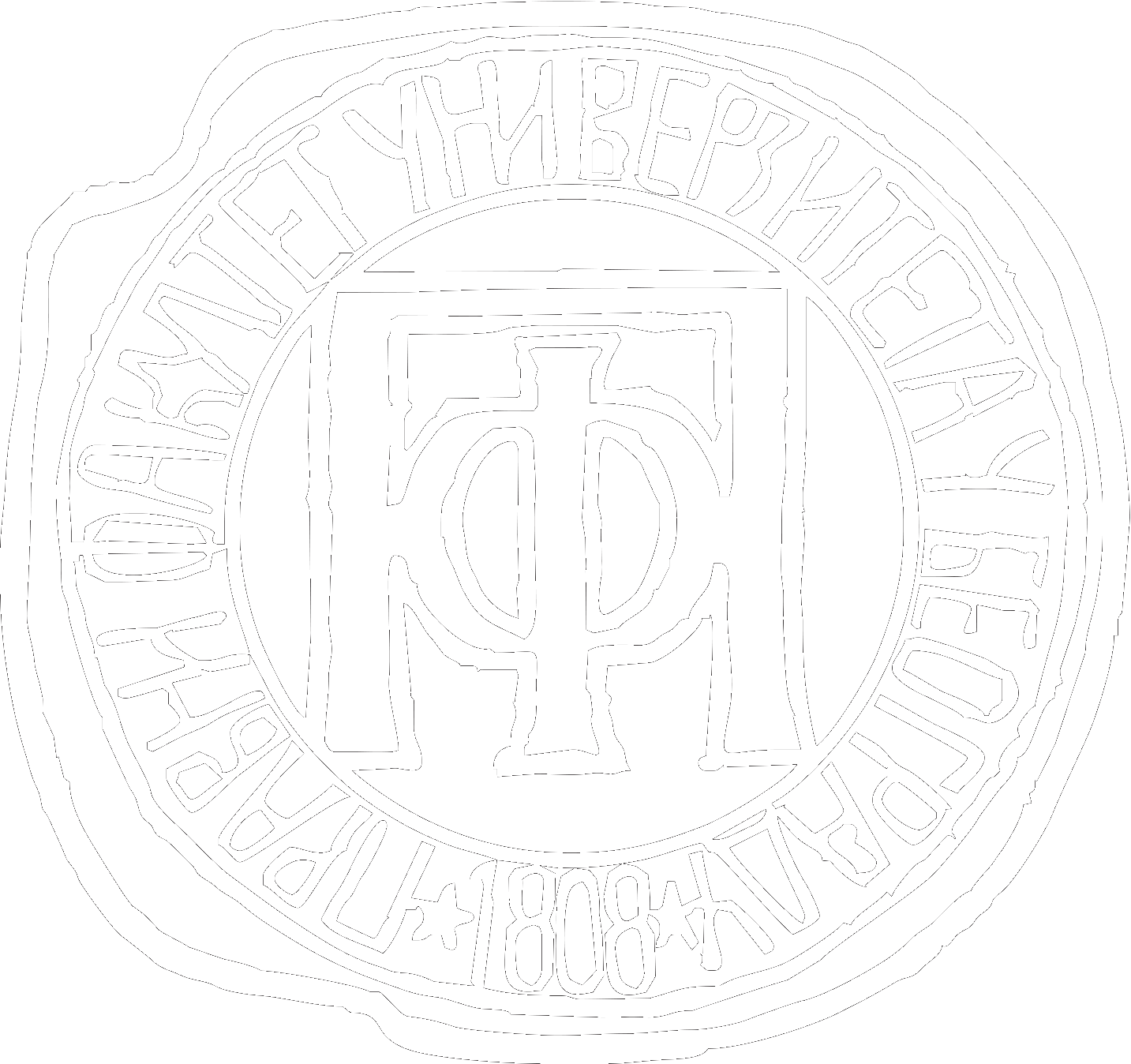Negative trends in criminal policy in the substantive criminal law of Serbia since the adoption of the Penal Code
Thorough legislator determination or an incident
Keywords:
criminal policy; criminal law; penal code; punitive public; punitive populismAbstract
Through the planned changes (January, 2012) and implemented changes (2009) the Serbian legislator significantly drifted from the original criminal policy on which the Serbian Penal Code had been built of in 2005. In this work the author explained each deficiency by critically approaching mentioned legislative activity and then he classified them into groups according to their negative effects not just on a whole Penal Code but on its original criminal policy goals. In the conclusion, the author takes a stand that these negative trends in criminal policy in the substantive criminal law occurred because the legislator recoiled before the pressure 'punitive public' phenomena. Final and complete answer on the question whether these movements are thorough phenomena or an incident, in other words whether the Serbian legislator could be placed into a group of legislators which are called by the science 'punitive populists', will depend on the content of the Law and Amendments and Supplements to the Penal Code which is scheduled for fall 2012.
Downloads
References
Bačić, F. 1980. Krivično pravo – Opšti deo. Zagreb.
Clavier, S. M. 1997. “Perspectives on French Criminal Law.” Accessed May 15, 2009. http://userwww.sfsu.edu/_sclavier/research/frenchpenalsystem.pdf.
Delić, N. 2010. “Zabrana (isključenje) ublažavanja kazne u određenim slučajevima.” Crimen, no. 2.
Đorđević, M. Đ. 1988. “Osnovne karakteristike Posebnog dela Nacrta novog Krivičnog zakonika SRJ.” In Aktuelna pitanja tekuće reforme jugoslovenskog krivičnog zakonodavstva (edited by S. Bejatović), Udruženje za krivično pravo i kriminologiju Jugoslavije, Belgrade.
Eser, A. 1973. “The Politics of Criminal Law Reform in Germany.” American Journal of Comparative Law, no. 2. https://doi.org/10.2307/839122
Jovančević, N. 2008. Podstrekavanje – oblik sa učestvstva i samostalno krivično delo. Belgrade.
Lazarević, Lj. 2006. “Kritički osvrt na neka rešenja u KZ Srbije.” Pravni život, no. 9.
Olsen, H. H. 2008. “The Snake from Fujian Province to Morecambe Bay: An Analysis of the Problem of Human Trafficking in Sweated Labour.” European Journal of Crime, Criminal Law and Criminal Justice, no. 1. https://doi.org/10.1163/092895608X272561
Radovanović, M. 1976. Krivično pravo SFRJ – Opšti deo. Belgrade.
Ripolles, J. L. D. 2007. “The ‘Law and Order’ Approach in Spanish Criminal Justice Policy.” Electronic Review of the International Association of Penal Law, A-02, p. 1. Accessed at http://www.penal.org/IMG/JLDRLawOrderSpanish.pdf.
Schabas, W. A. 2004. An Introduction to the International Criminal Court. Cambridge: Cambridge University Press. https://doi.org/10.1017/CBO9781139165310
Schabas, W. A. 2002. Genocide in International Law. Cambridge: Cambridge University Press.
Stojanović, Z. 2005. “Karakteristike predloga Krivičnog zakonika Srbije.” Branić, no. 1-2.
Stojanović, Z. 2005. “Osnovne odlike novog Krivičnog zakonika Srbije.” Revija za krivično pravo i kriminologiju, no. 1.
Stojanović, Z. 2011. Krivično pravo – Opšti deo. Belgrade.
Stojanović, Z. 2007. Komentar Krivičnog zakonika. Belgrade.
Stojanović, Z. 2011. “Krivično pravo u doba krize.” Branić, no. 1-2.
Stojanović, Z. 2003. “Kriza savremenog krivičnog prava.” Prava Čoveka, no. 5-6.
Živanović, T. 1911. O uvredi i kleveti. Belgrade.

Downloads
Published
How to Cite
Issue
Section
License
Copyright (c) 2012 Branislav Ristivojević

This work is licensed under a Creative Commons Attribution 4.0 International License.
The authors retain copyright and grant the journal the right of first publication, allowing others to share the work with proper attribution to the authors and acknowledgment of its original publication in this journal.










